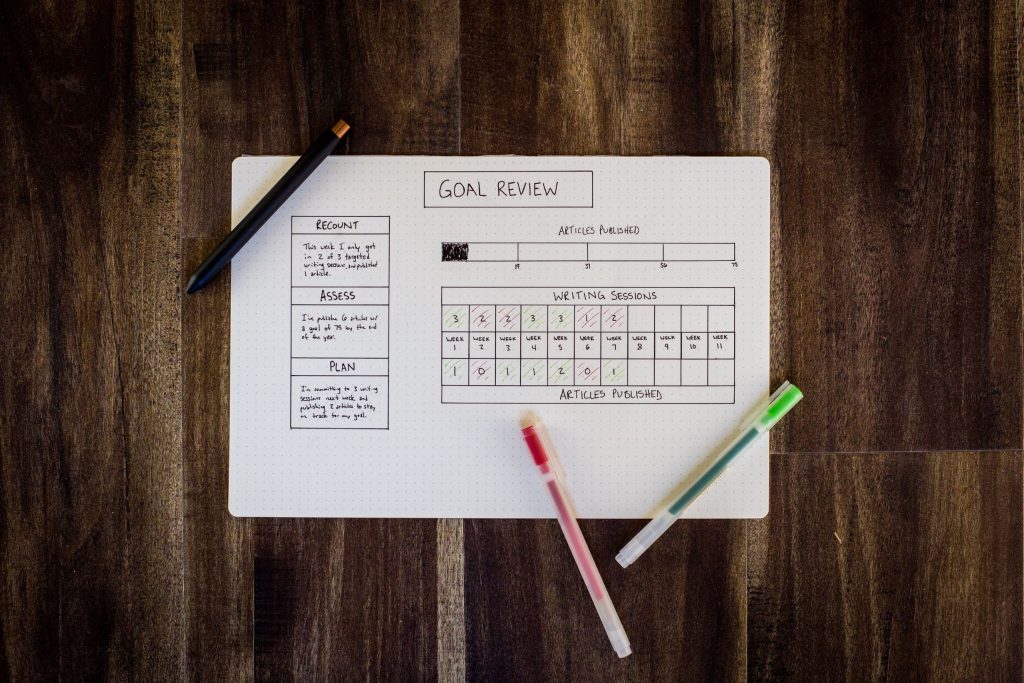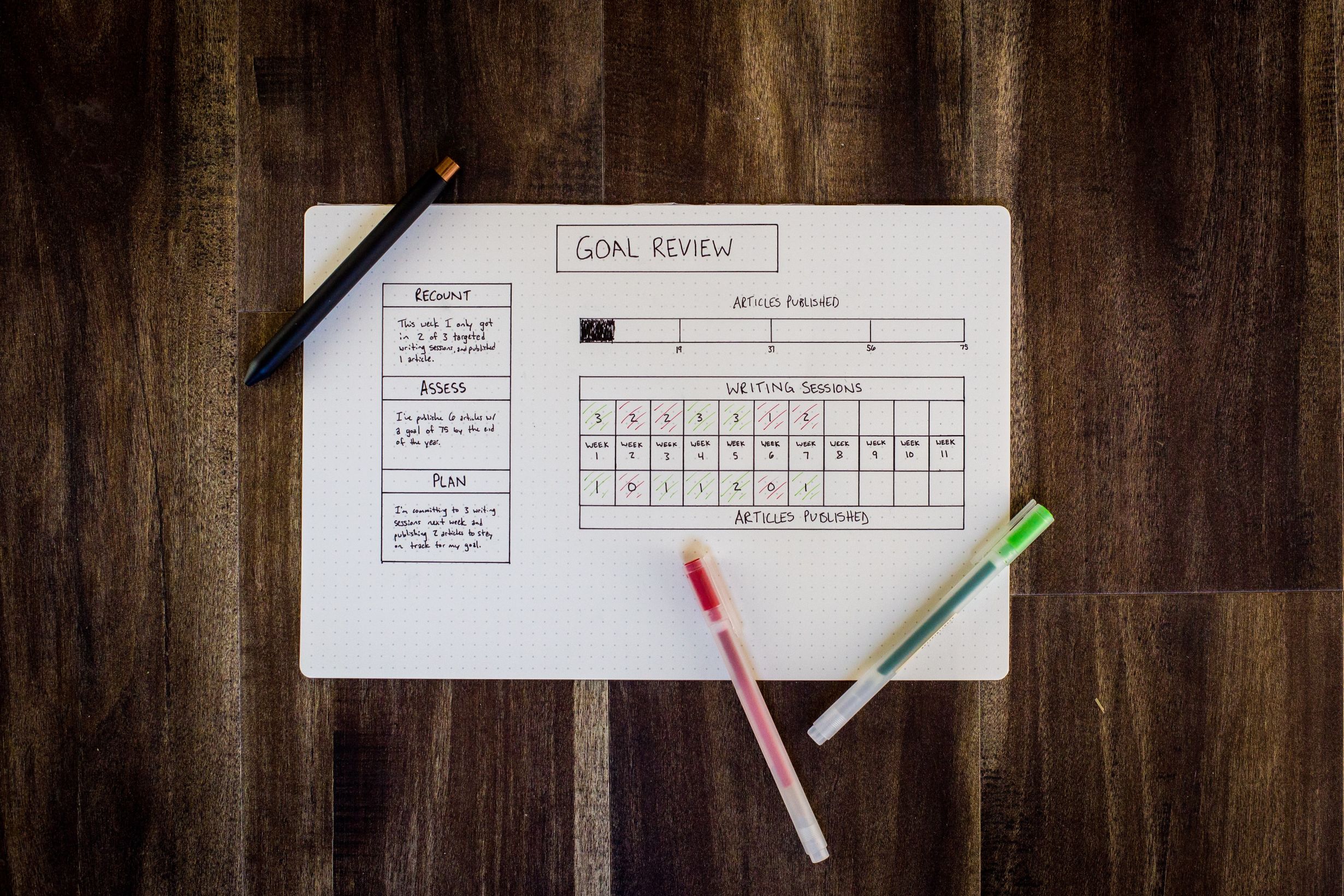How are those New Year’s Resolutions going?
Be honest. Some of you already faltered. Couldn’t get to the gym, ate too much ice cream (all week long).
It’s okay. No judgement here. We’re human too. We’ve been there. In fact, we have some good news for you.
The good news is—you can “restart” a resolution at any time.
Let’s talk about resolutions. What they’re meant for, how to make them, and most importantly, how to stick to them.
Why a Rehab Center Would Talk About New Year’s Resolutions (It’s All About Goals)
Why are we talking about New Year’s resolutions on an addiction treatment center website? It’s because recovering from addiction is a resolution too…a big one.
Successful recovery touches every aspect of life – financial, emotional, physical health, self-worth, career, family, relationships, you name it.
Sometimes people resolve to get clean and sober for the year. It’s a big resolution. Difficult? Yes. Which is why you need two important pieces to make it succeed: Goals and Motivation.
Motivation comes from the same place your new year’s resolutions come from – the desire to improve your life.
That leaves the goals.
If you think about it, a resolution is a goal. Or a group of goals. The easier it is to make a goal, the easier it is to stick to it. The easier it is to stick to your goals, the more likely you are to succeed at them.

So one of the best ways to keep a resolution? Learn how to make your goals “SMART.”
Proven Strategies for Goal-Setting. Works for Any Goal.
You may have heard of the SMART approach. In order to make a goal achievable, you make the goal S.M.A.R.T. – Specific, Measurable, Achievable, Realistic, Time-Based.
- Specific – “I want to get sober.” Great. Now you need to clarify why you want to do this, and how to make it work.
- Measurable – One way to measure getting sober is to keep track of how many times you drink. Or ask someone keep track for you.
- Achievable – Quitting cold-turkey rarely works. To make a goal achievable, you need a plan.
- Realistic – “I’ll get sober by selling all my possessions, moving to a deserted island, and eating coconuts for the rest of my life.” Romantic as that may sound, it’s not very realistic.
- Time-Based – “Quit drinking & get sober in the next 3 months” is much more effective than “Get sober.” Without a time constraint, your mind will lean toward “I’ll do that later” every time.
More on SMART goals here: SMART Goals – BrianTracy.com
It doesn’t matter whether the goal is to lose 10 pounds or quit drinking. The SMART approach works. We’ve seen it time and again.
How Goals Help with Addiction Recovery
Part of everyone’s rehab is setting goals. Not just goals on recovering from their addiction (though that is Goal #1)…but also goals on their life after that.
Maybe they want to get a degree in Computer Science? Improve their health? Join law enforcement? Rebuild relationships with their family?
All worthwhile goals. All goals they can accomplish as they recover. It gives them not only an ideal to strive for…it improves their self-worth as they achieve each goal.
Recovery becomes not only an important goal, but a means to achieving other goals.
Example Story: Using Two SMART Goals for Recovery and Success
Here’s an example from our sober living homes. One individual, whom we’ll call Sean, came to us after getting a DUI. He’d abused alcohol for years, telling himself it helped him get through college. However, a DUI meant trouble for his dream of entering law school, and kept him from a decent-paying job.
After an initial assessment, the SSH team and Sean decided a combination of moving into a sober living environment (SLE), accompanied by attending our outpatient program for substance abuse, would work the best. It provided structure, education about recovery, and the peer support he needed.
During his outpatient treatment, Sean’s counselor helped him establish goals, as well as an Action Plan to help him reach those goals. Action Plans use SMART-based techniques. Sean’s counselor documented it in the treatment plan, so they could review his progress.

In treatment, each client writes their goals down in their own words. This engages them in the process—motivating them to reach milestones that they themselves have set. Like the Action Plan, these goals follow the SMART structure.
For example:
Goal: “I want to stop drinking and getting DUIs.”
Action Plan:
- Attend two outpatient groups and one individual session per week for 3 months, completing treatment at that time. “This helps me stop the drinking.”
- Identify and document three new coping techniques by the third week of treatment to address the urge to abuse alcohol. “This helps me face myself.”
- Identify and attend a minimum of one community-based self-help group weekly focused on learning how to live without alcohol. “This helps me stay focused.”
Goal: “I want to feel better about myself so I don’t keep drinking.”
Action Plan:
- Start contributing to household expenses with the next paycheck I receive.
- Participate in two educational groups at outpatient focused on self-esteem.
- Apply to law school by December 1 of this year.
This gave him not only SMART goals, but also set a dream of his – law school – past a shorter-term goal of learning how to stay sober.
Combined, these gave Sean plenty of motivation. He did indeed complete treatment, spent a little time in a sober living home, and on June 1 celebrated reaching his goals.
Sean did get into law school, as well. Even before the December 1 deadline. He’s practiced law out in the Midwest for a while now, and has stayed 100% sober.

Stick to Your Resolutions by Making Them into SMART Goals
By the end of January, most people give up on their resolutions. Not you though. You know why?
Because you can always set a new goal. Right now. You need no one’s permission to start toward a new, SMART goal.
Put a weight behind the goal – for instance, give yourself a healthy reward after you achieve it.
You might be surprised at how far you go. We hope you find out.
What’s your right-now resolution?




